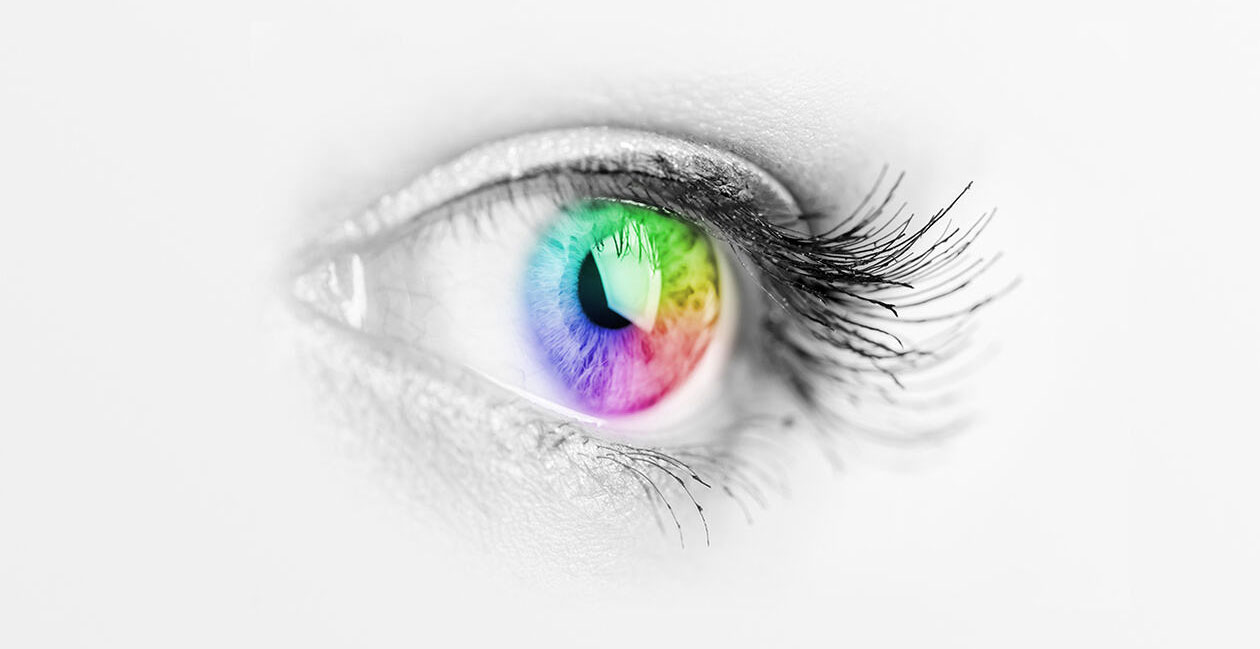
Retinitis pigmentosa (RP) is a genetic eye disease stemming from a group of disorders affecting retinal cells. This condition typically impairs peripheral (side) vision over time, leading to night blindness and central vision loss. Various subtypes of RP exist, but it is generally inherited. Here is a general patient information on retinitis pigmentosa:
Retinitis pigmentosa is usually based on a genetic foundation. An individual may be at risk due to a family history of the condition.
RP is typically progressive but can vary significantly from person to person. While treatment options are currently limited, future research and advancements could make more effective treatments possible. If an individual suspects they have RP, it is important to consult an eye doctor and, if necessary, speak with a specialist genetic counselor.